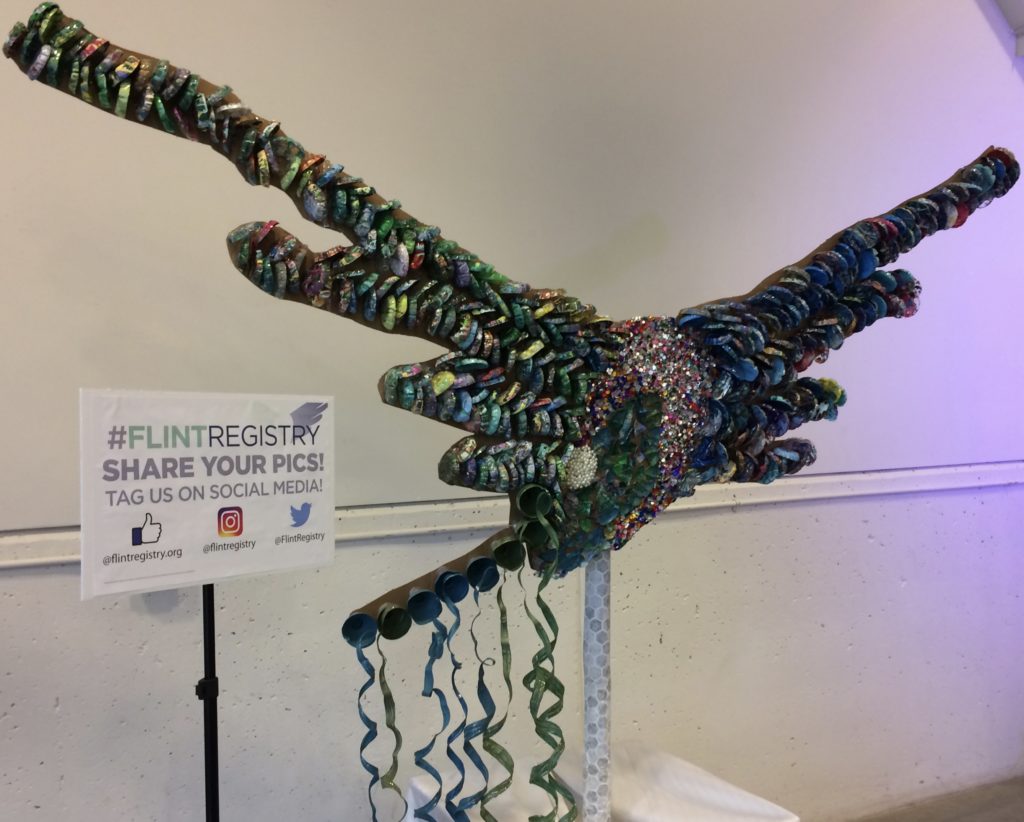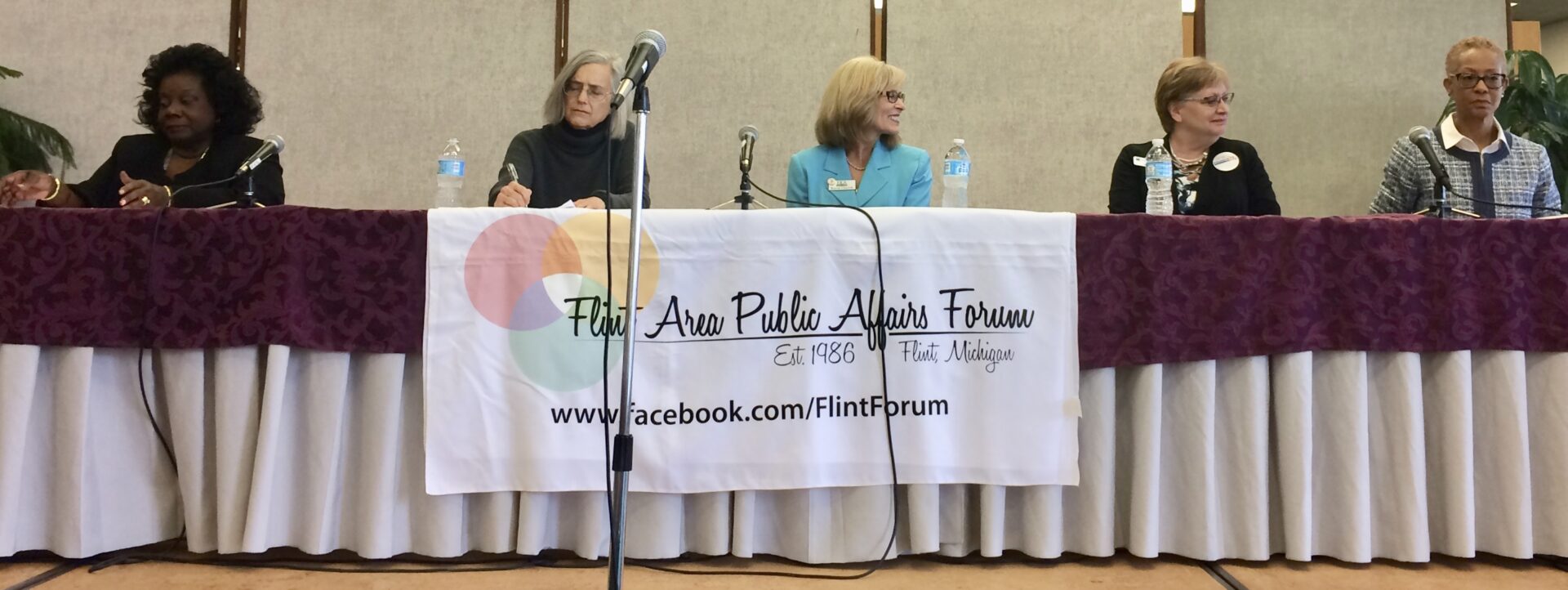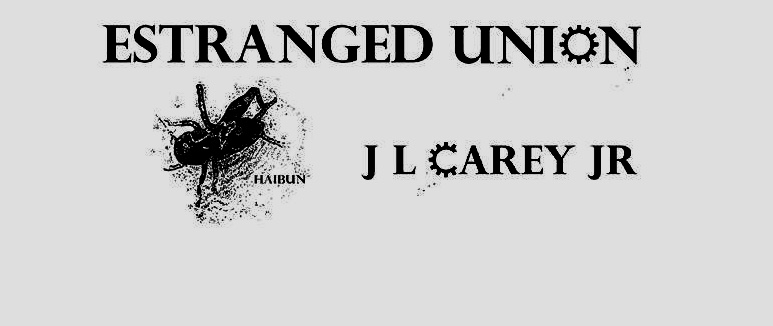By Jan Worth-Nelson
The Flint Registry is extending a “thank you” offer to pay Flint residents $50 each to fill out a survey detailing their experiences during the Flint water crisis. The deadline for receiving the bonus is now Feb. 29, extended from the end of January.
To enroll or learn more, information is available at flintregistry.org, by emailing CHM.Flint.Registry@msu.edu, or by calling (833) GO-FLINT.
The Registry is a public health registry for anyone exposed to Flint water because they lived, worked, or attended school in the City of Flint from April 25, 2014, to October 15, 2015. It was described in detail in several East Village Magazine stories here and here.
Registry media contact Ebony Stith said more than 20,000 people so far have begun the enrollment process, and nearly 5,000 have fully enrolled in the registry. Of those 4,600, she said, more than 4,600 referrals have been made to critical health and development services.
Registry officials have said they are hoping for a total of 150,000 completed surveys.

Displayed at the Flint registry launch in January, 2019, was a sculpture of The Flint Registry logo, a “sankofa bird,” made of water bottles painted by children at the Cummings Community School Great Expectations Early Childhood Program. According to West African mythology, the sankofa bird flies forward while looking backwards, with an egg in its mouth. (Photo by Jan Worth-Nelson)
“The most common referrals are for health care access, neurodevelopment assessment, education services, lead inspection and abatement, and pipe replacement,” Stith said.
“The Flint Registry is filling unmet needs and is already dramatically improving the lives of Flint residents,” she added.
“We are so excited that thousands of people have already joined the Flint Registry and gotten connected and supported to critical health and development services,” said Dr. Mona Hanna-Attisha, associate professor of pediatrics at Michigan State University College of Human Medicine and director of MSU-Hurley Children’s Hospital Pediatric Public Health Initiative.
“We appreciate everyone’s patience during this busy promotion period, and we hope this one-month extension will encourage even more people to sign up,” she added.
Registry officials clarified the checks are only valid for individuals who fully complete their Flint Registry enrollment between Dec. 1, 2019, and Feb. 29, 2020. The “thank you” check increased from $25 to $50 for December through February 2020 only as a promotion. The increased $50 “thank you” check is not valid for previous enrollees who completed their survey before Dec. 1. Checks may take up to 8-12 weeks to arrive in the mail.

As described in a press release announcing the extension, The Flint Registry connects people to services and programs that currently exist in the community to aid in the recovery process, as well as measures how the crisis has impacted the Flint community.
The fastest and most common way to enroll is online or by calling 833-GO-FLINT (833-463-5468).
The Flint Registry is based in Flint and has been created in partnership with the people of Flint, including the City of Flint, the Greater Flint Health Coalition, educators, clinicians, community-based organizations and others.
Funding for the Flint Registry comes from a four-year grant from the Centers for Disease Control and Prevention’s (CDC) National Center for Environmental Health to Michigan State University College of Human Medicine’s Division of Public Health.
What is a registry?
In July 2018, EVM writer Teddy Robertson explained what a registry is as follows:
“If the term “registry” seems new, think 9/11 and the World Trade Center. In the aftermath of the largest disaster in U.S. history, a voluntary health registry was established to track health impacts and the effects of contamination. The World Trade Center Health Registry serves as one of several external advisors to the Flint Registry. Earlier post-disaster registries followed the 1979 Three Mile Island nuclear accident and the 1995 Oklahoma City bombing. Closer to home, a registry was set up in Michigan after the 1973 PBB disaster when cattle feed was contaminated with a flame retardant and tainted the Michigan beef and milk supply.”
EVM Editor Jan Worth-Nelson can be reached at janworth1118@gmail.com.






You must be logged in to post a comment.